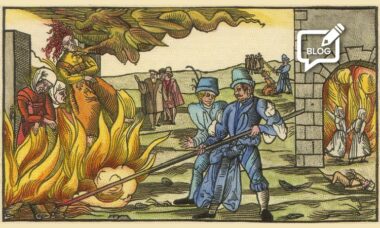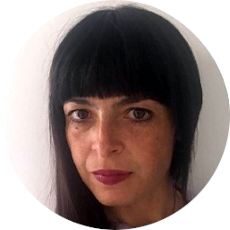 Like every year since 1988, the World Health Organization (WHO) picked a theme for World No Tobacco Day, celebrated on 31st May.
Like every year since 1988, the World Health Organization (WHO) picked a theme for World No Tobacco Day, celebrated on 31st May.
The 2024 edition of the commemoration was dedicated to exposing practices used by the tobacco industry to “hook the next generation”, ensuring that new young users become its customers for life.
This is not the first time the day against tobacco has focused on youth protection. The 2020 edition highlighted the same theme of tactics used by the industry to attract young customers, and the 2008 campaign – which coincided with the WHO’s call for a worldwide ban on tobacco advertising, promotion and sponsorship – advocated for a “tobacco-free youth”.
This year, the report published by the WHO along with tobacco industry watchdog Stopping Tobacco Organizations and Products (STOP) drew attention to how marketing strategies and product design are carefully crafted by both tobacco and nicotine companies in order to get young people addicted.
Repeating theme
While the statistic, cited in the report, that 37m children between the ages of 13 and 15 are estimated to use tobacco across the world – with adolescent vapers outnumbering adult ones in some countries – is certainly a reason for major concern, the message delivered by the WHO on this year’s World No Tobacco Day did not seem to bring anything new to the table.
“History is repeating, as the tobacco industry tries to sell the same nicotine to our children in different packaging,” WHO director-general Tedros Adhanom Ghebreyesus said in a note when the report was released at the end of May.
History may be repeating itself, but so is the organisation’s tendency to treat traditional tobacco and its alternatives the same way – failing to emphasise the harm-reduction potential of tobacco-free nicotine products when used by adult smokers as a cessation tool.
Science-based or science fiction?
Several of the industry practices condemned in the report – such as the use of social media and paid influencers with hidden promotional purposes among under-age users; advertisement through sponsorships of music and sports events popular with young audiences, like Formula 1 races; and the giveaway of free samples with no age verification – have already been called out, condemned and sometimes sanctioned at a country level.
In many countries, these practices would be avoided by simply enforcing the tobacco laws already in place.
In this year’s report, the WHO even picks up and acknowledges some of the criticism sparked in the US a few years ago over the depiction of tobacco and nicotine use in online streamed films and series, citing as an example sci-fi drama Stranger Things, where, in line with the show’s 1980s setting, some characters are shown smoking cigarettes – when not drinking alcohol or being possessed by a supernatural entity from a parallel world.
“Research suggests that this exposure is linked to increased awareness and susceptibility to use these products among youth,” the report reads, as if censorship in movies could represent an effective, science-based way of fighting under-age addiction to tobacco and nicotine.
World No Tobacco Day certainly represents a good occasion to raise awareness of the risk of tobacco and nicotine addiction, but – for its associated campaigns to be taken seriously and, therefore, be effective – the WHO needs to set its messages straight.
Countering under-age use and widespread illicit practices on behalf of the tobacco industry is undeniably necessary. However, this is a fight that can and should be carried out realistically, incorporating harm reduction as a weapon and without wasting energy and credibility through demonisation campaigns and Netflix witch hunts.
– Tiziana Cauli TobaccoIntelligence staff
Image: R. Decker







